Your cart is currently empty!
Tag: SustainablePractices
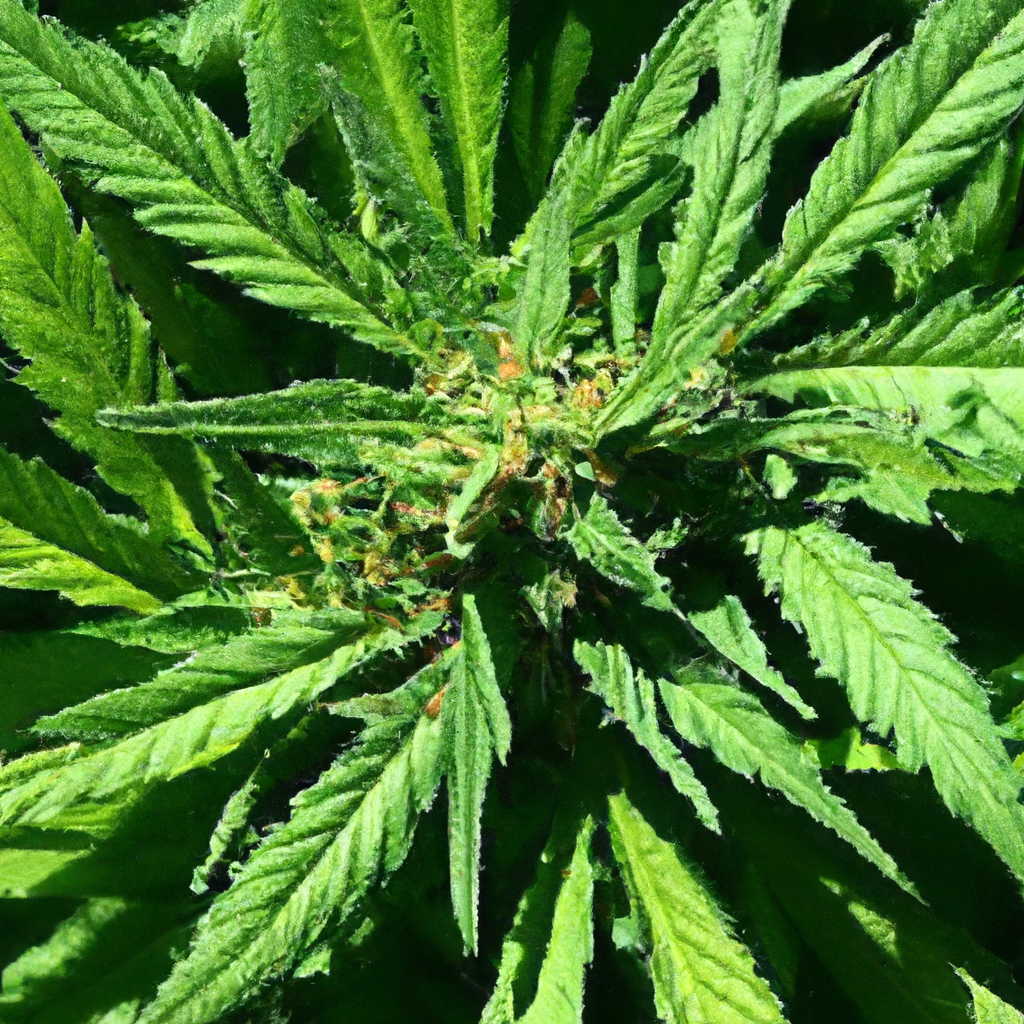
In a world focused on sustainability, organic cannabis cultivation serves as an eco-friendly method to produce high-quality, chemical-free cannabis. This practice centers on using natural fertilizers like compost, worm castings, and fish emulsion to enhance soil health. Eco-friendly pest control is achieved through companion planting, neem oil, and beneficial insects. Building a healthy soil ecosystem…

In the pursuit of sustainability, cannabis is emerging as a vital element in developing eco-friendly plastic alternatives. Derived from hemp, cannabis bioplastics offer significant benefits, including faster biodegradability, renewable sourcing, and a reduced carbon footprint. As global cannabis legislation evolves, it opens up economic opportunities and challenges for the hemp-based product industry. Case studies highlight…
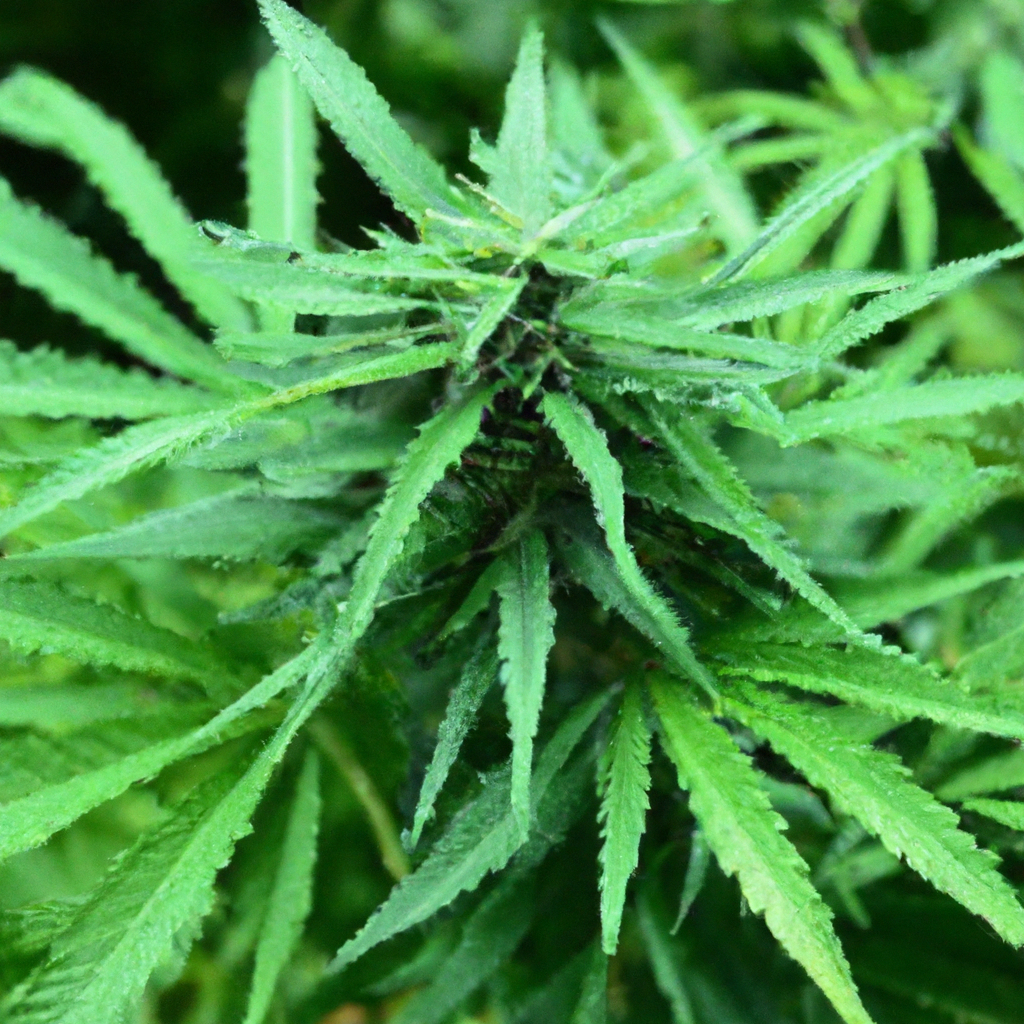
Growing organic cannabis benefits both consumers and the planet by reducing the impact of synthetic chemicals and supporting healthy ecosystems. This blog post outlines best practices for organic cultivation, emphasizing the use of natural fertilizers like compost, bone meal, and fish emulsion. It highlights the importance of healthy soil ecosystems and organic pest management strategies,…
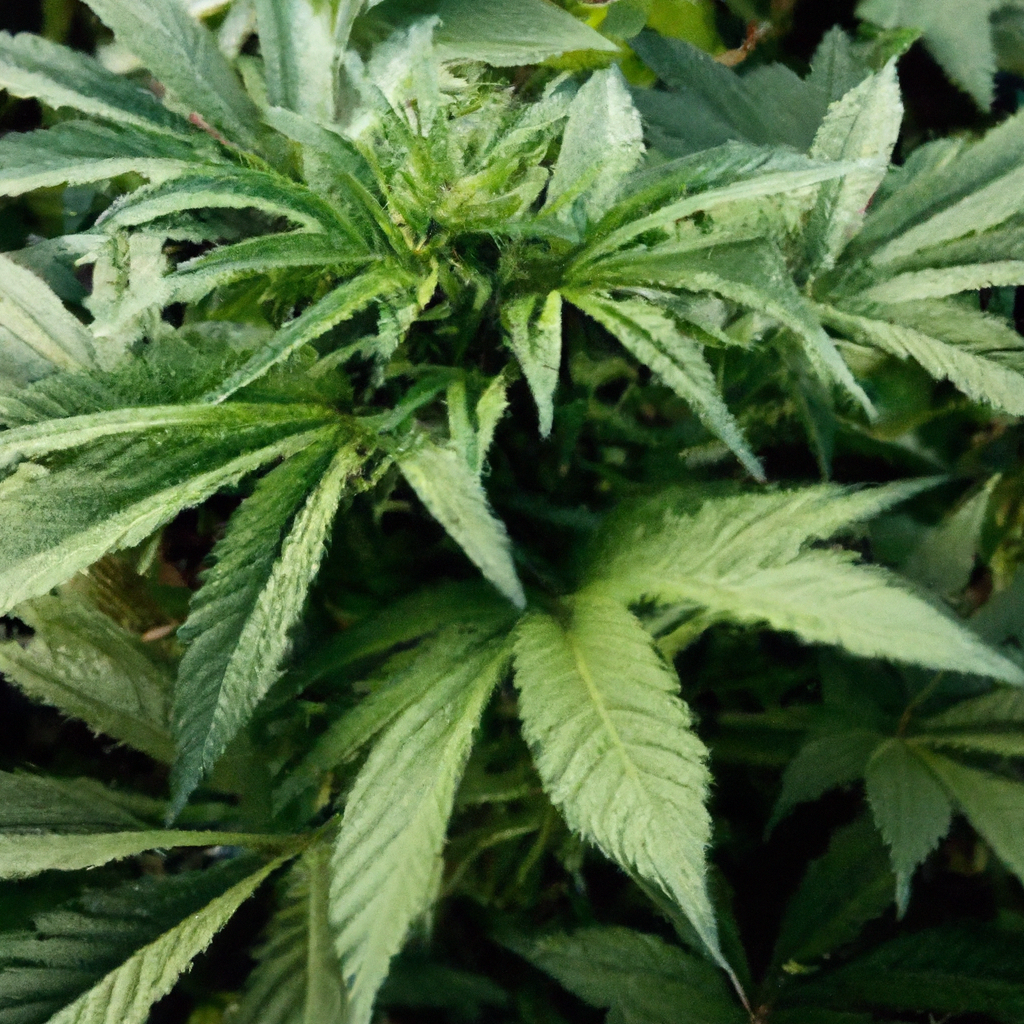
Companion planting can transform cannabis cultivation by creating a resilient ecosystem that enhances growth, repels pests, and improves soil health. Certain plants like marigolds, clover, basil, lavender, and sunflowers offer benefits such as pest control, improved soil conditions, and increased yield. Implementing companion planting involves assessing the needs of your cannabis grow, selecting suitable companion…
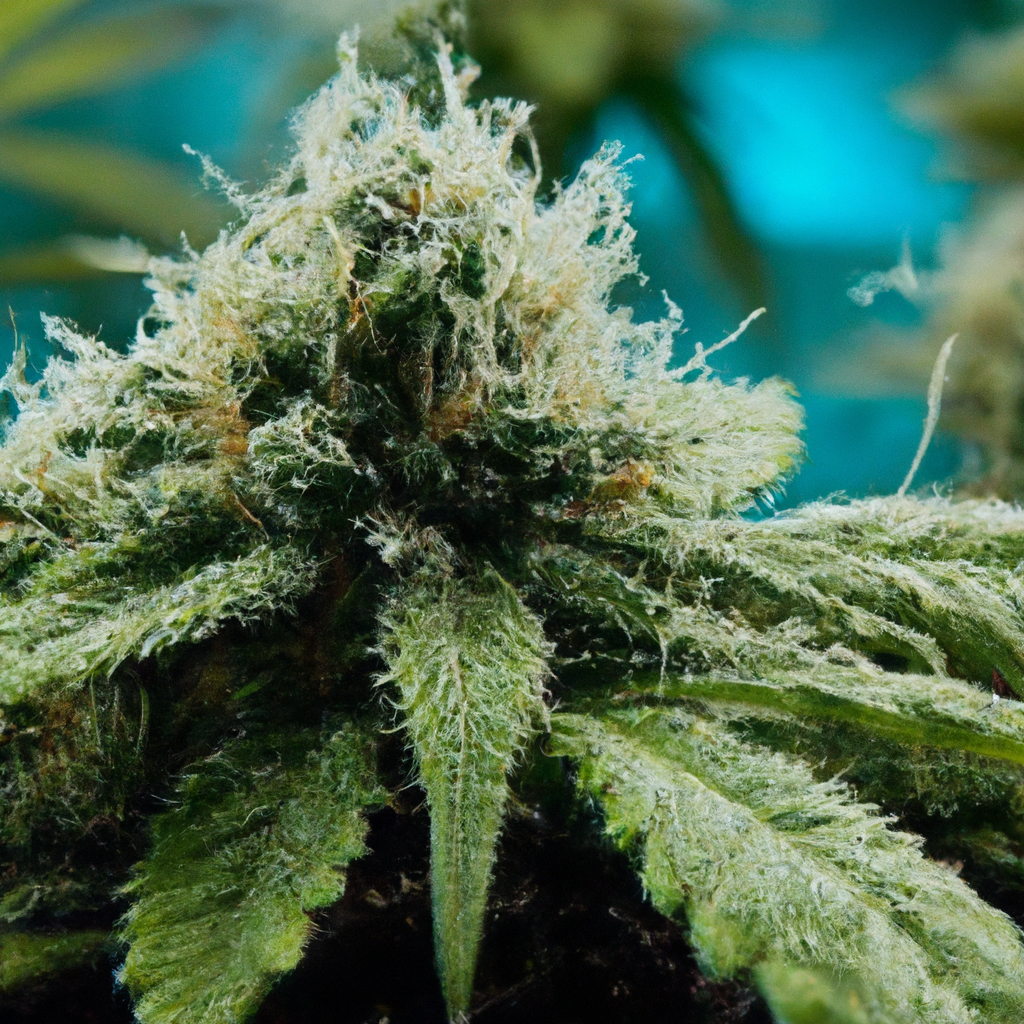
The world of cannabis cultivation is becoming increasingly sustainable by leveraging symbiotic relationships with nature. By exploring interactions between cannabis and organisms like fungi, bacteria, and beneficial insects, cultivators can boost growth, enhance soil health, and increase yields. Mycorrhizal fungi, for instance, extend plant root systems for better nutrient and water absorption, while beneficial microbes…
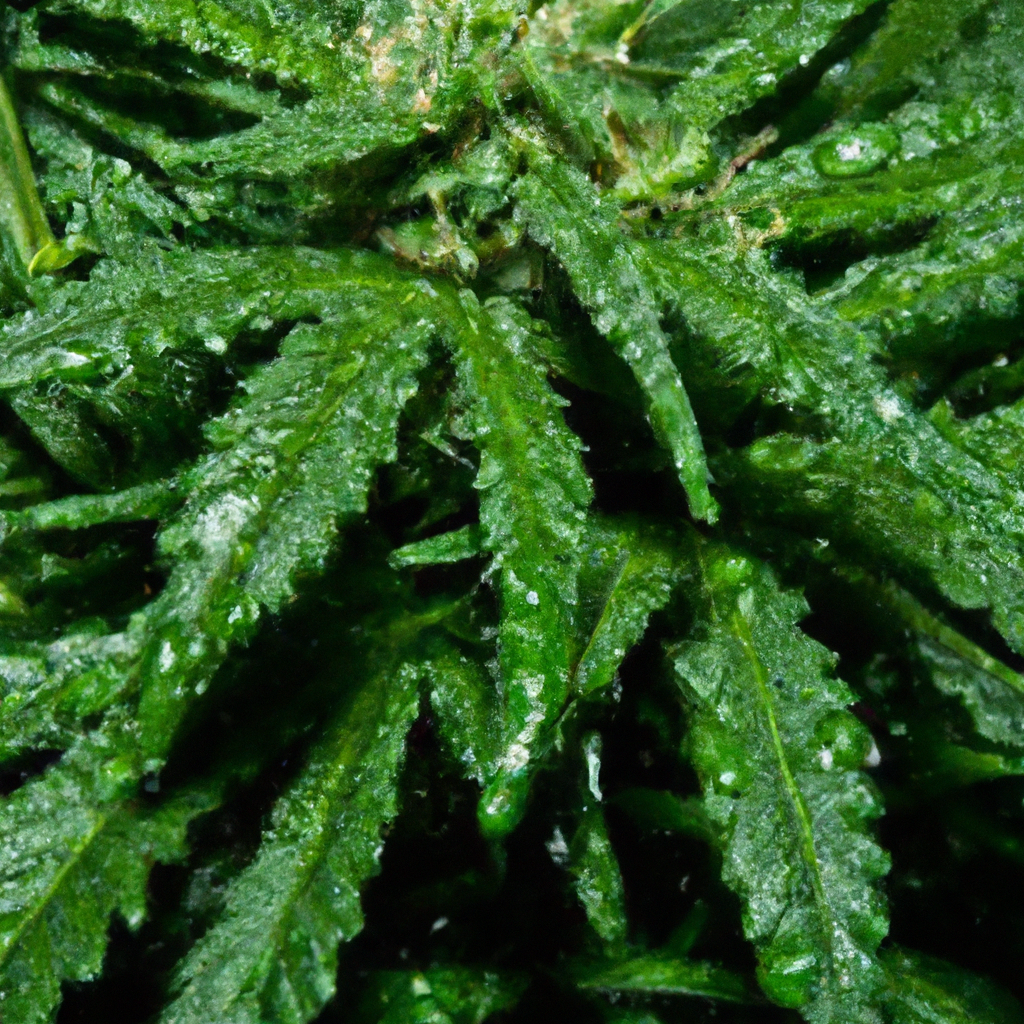
Efficient water use is key to successful cannabis cultivation and environmental sustainability. This guide offers tips on managing water effectively, from understanding cannabis water needs based on growth phases to employing effective techniques like drip irrigation, capillary matting, and rainwater harvesting. Avoid common mistakes such as overwatering and uneven watering by using soil moisture meters.…
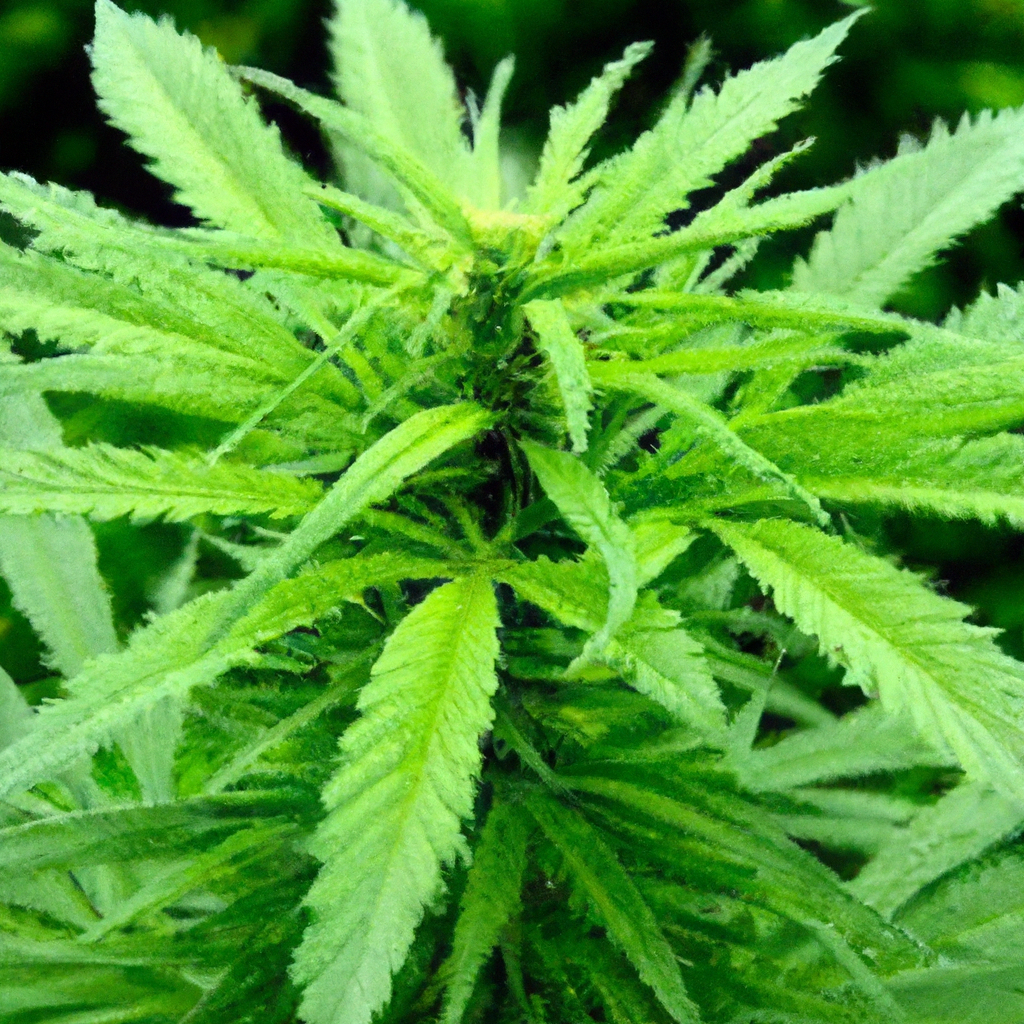
The rise of organic cannabis cultivation offers an eco-friendly approach that benefits both plants and the environment. By focusing on healthy soil ecosystems through quality compost, cover crops, and promoting beneficial microbes, growers can enhance nutrient uptake. Natural fertilizers like bone meal, fish emulsion, and kelp meal offer sustainable nutrition, while organic pest control methods…
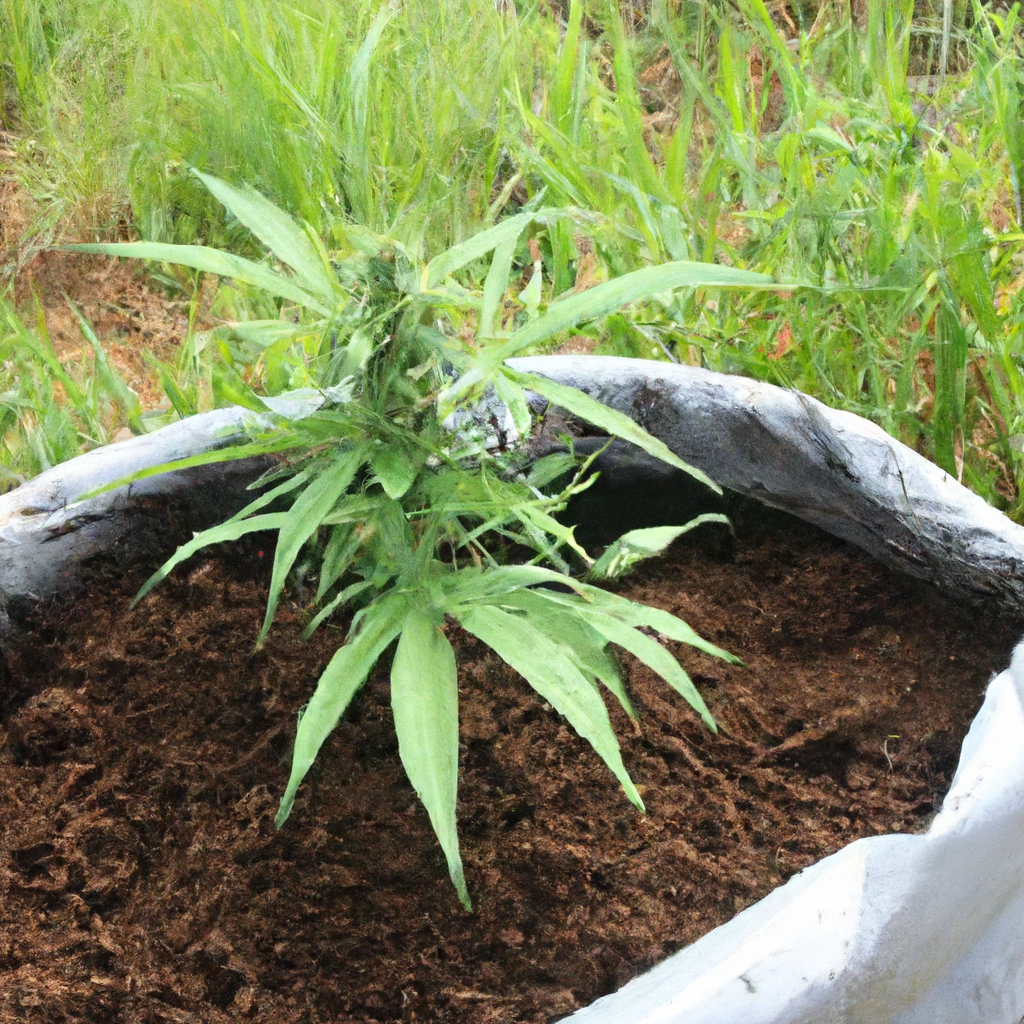
Discover how organic cannabis cultivation can provide sustainable and environmentally friendly solutions for growing cannabis. By focusing on building healthy soil ecosystems through composting, cover crops, and mulching, you can create a nutrient-rich foundation that supports plant growth. Learn about natural fertilizers like fish emulsion, bone meal, and kelp meal, which enhance plant resilience and…
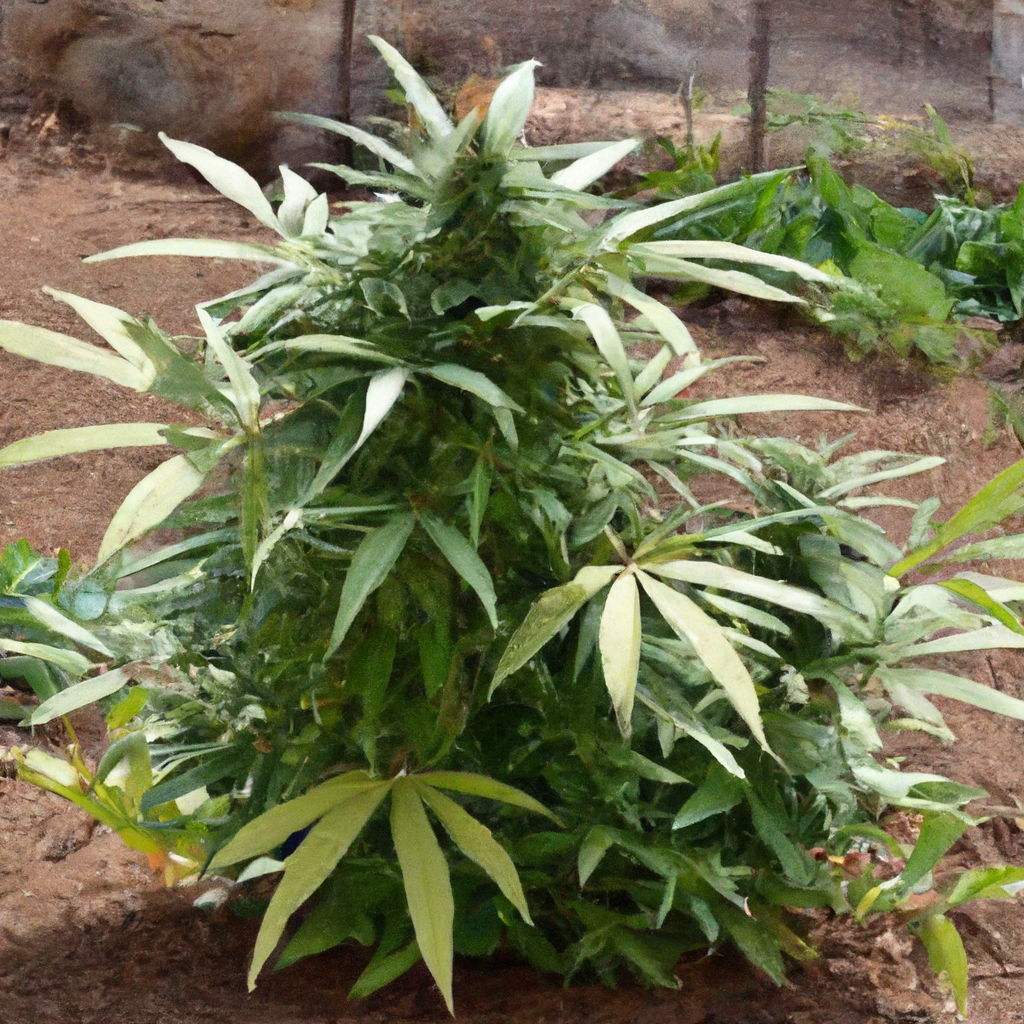
Organic cannabis cultivation merges traditional agriculture with eco-friendly methods to produce healthier, more flavorful plants while minimizing environmental impact. Key practices include enriching soil through composting, using cover crops, and avoiding synthetic chemicals by opting for natural fertilizers and pest control like neem oil and beneficial insects. Emphasizing water management, renewable energy, and carbon sequestration…
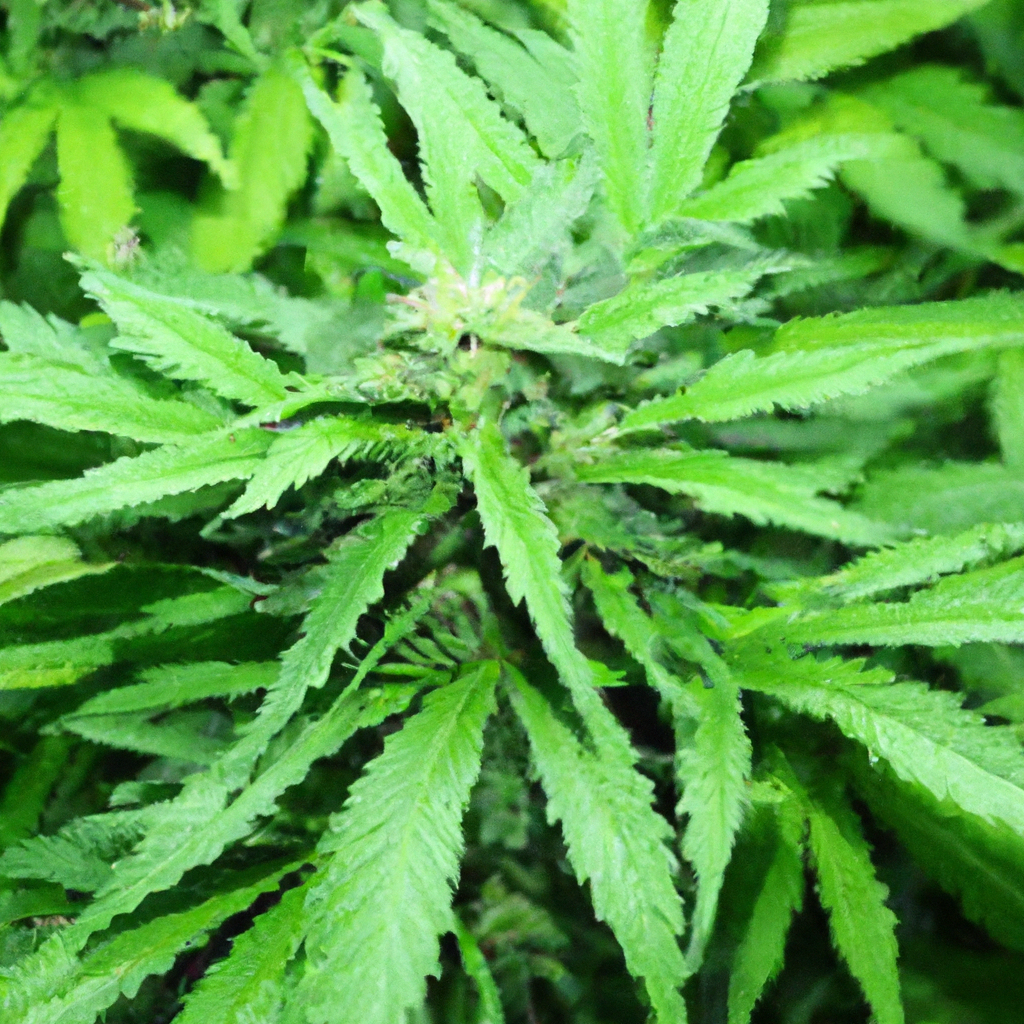
Growing cannabis successfully requires a deep understanding of nutrient cycles, which involve the movement of organic and inorganic matter through the plant and environment. Key nutrients like nitrogen, phosphorus, and potassium play crucial roles in plant growth, photosynthesis, and disease resistance. To master nutrient cycles, it’s important to monitor soil composition, use organic fertilizers, implement…
